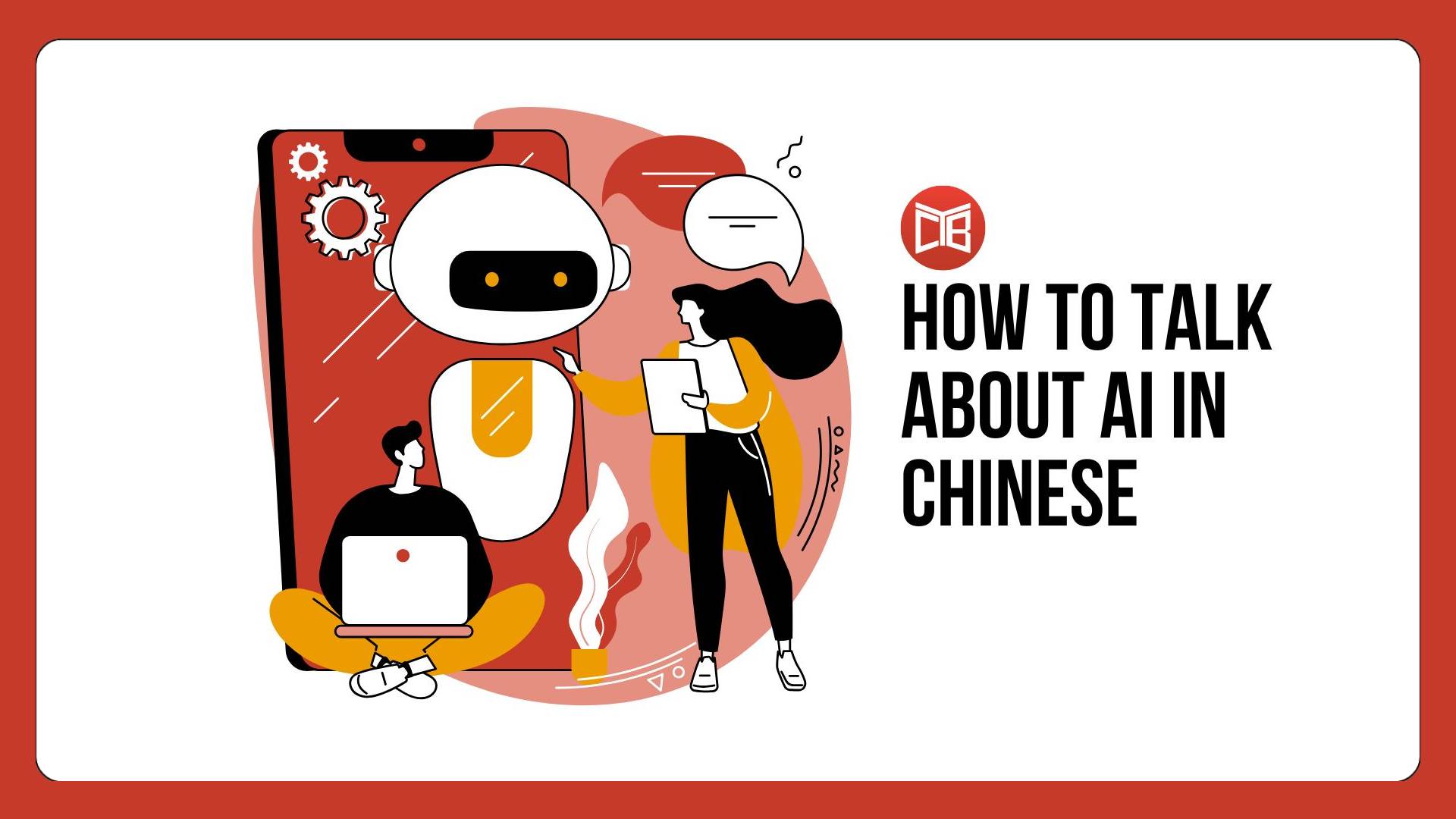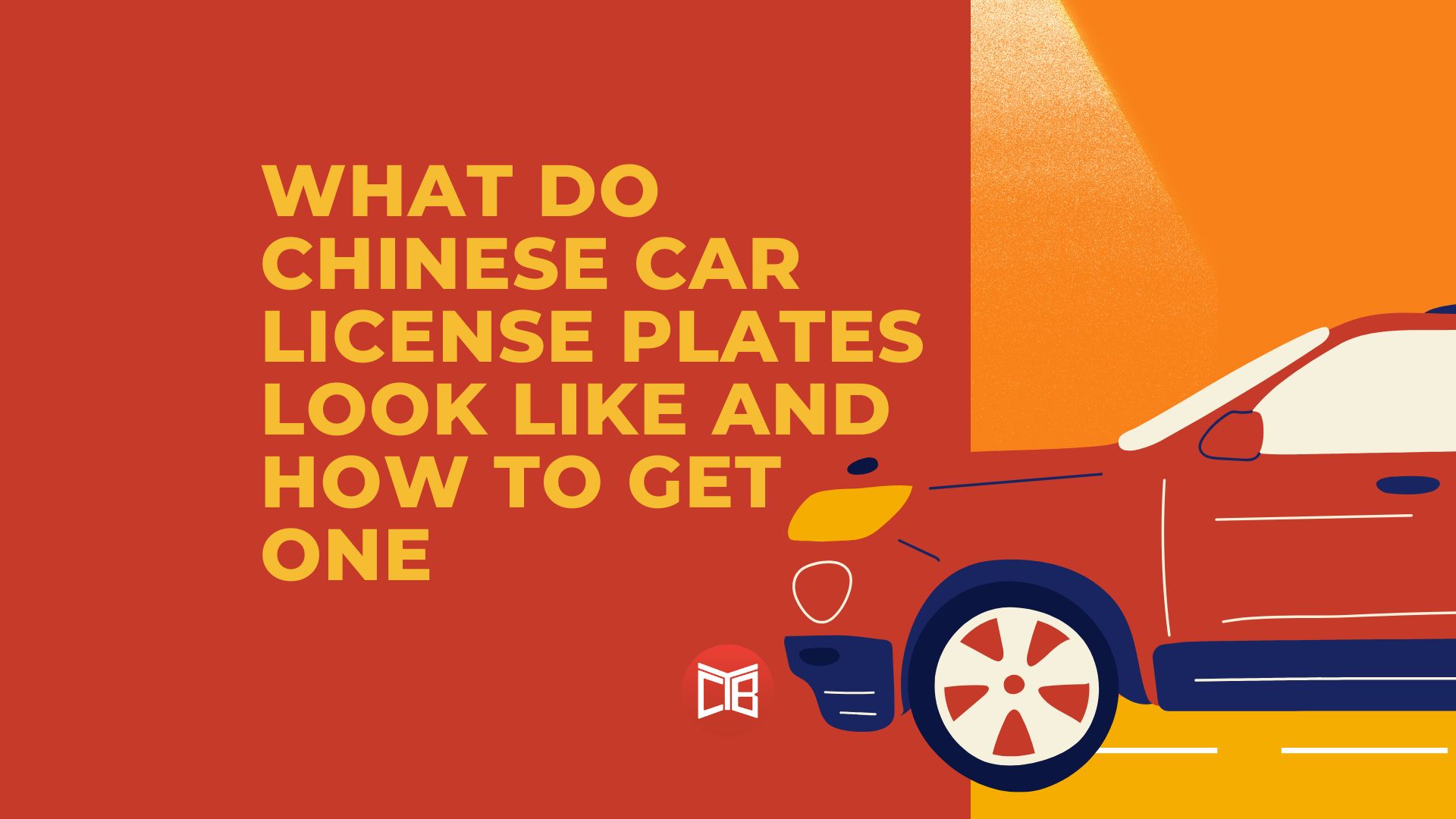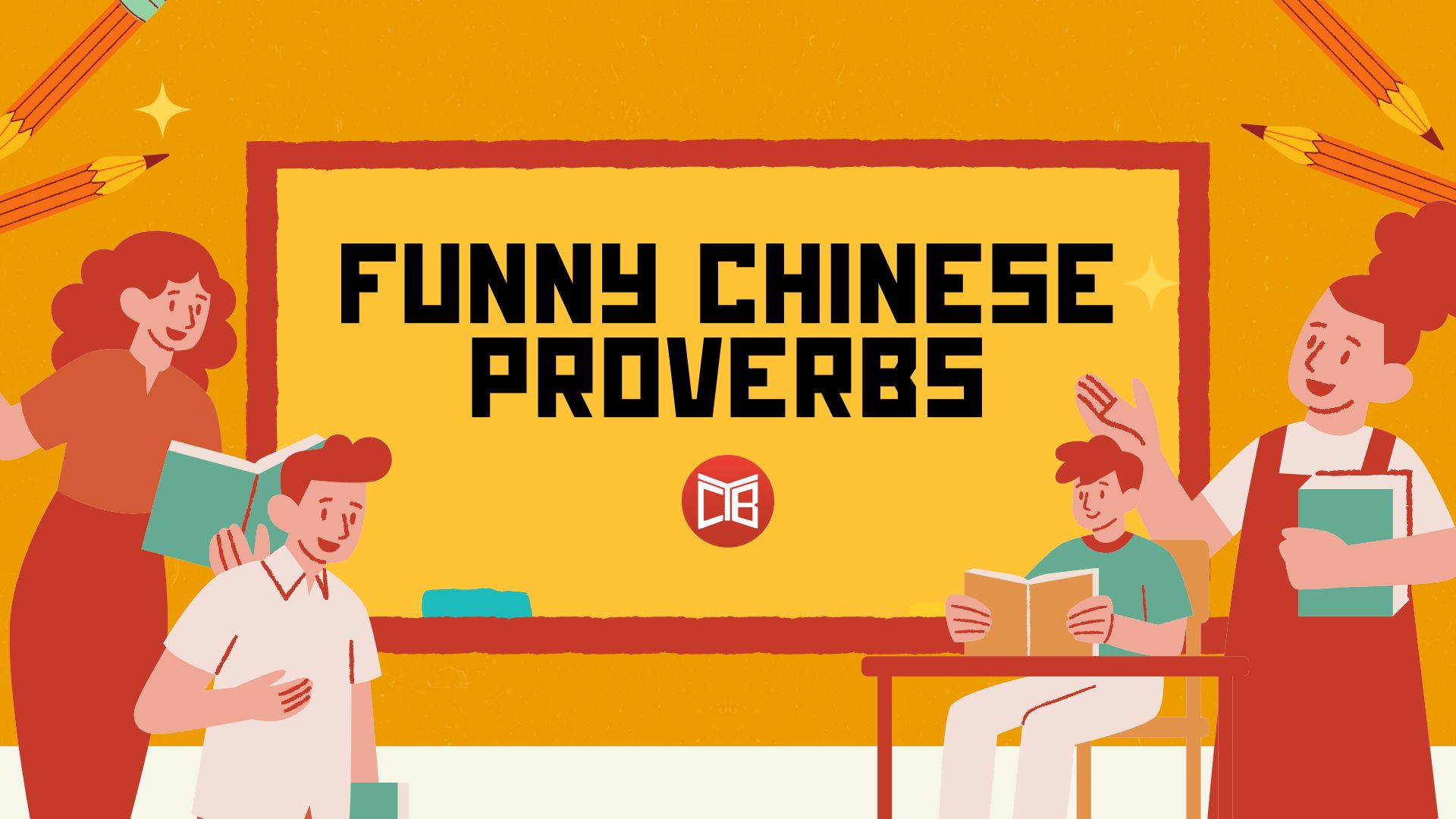
Not everybody has the time to learn a language before they travel to a country, but with just a little bit of effort – as well as our pocket guide of 15 Mandarin Chinese travel phrases below – we’re confident that people will think you have been learning Mandarin for years during your next trip to China.
Greeting
你好 Nǐ hǎo Hello
The words nǐ (you) and hǎo (good) come together to form the most common Chinese greeting, which can be translated as ‘hello’ or ‘nice to see you’.
你好吗? Nǐ hǎo ma? How are you?
In Chinese, the question particle ma is added to express a polar question (one which requires a “yes” or “no” answer). The most direct translation of this phrase would be ‘are you good?’, and the proper response would be hǎo (good) or bù hǎo (not good).
Expressing emotion
好不好? Hǎo bù hǎo? Good or bad?
Hǎo means ‘ok’ or ‘good’, bù means ‘no’ or ‘not’, and these phrases can be used to express agreement or disagreement. The combination hǎo bù hǎo means ‘good or bad?’ or ‘is it okay?’ The correct response to this question – as with nǐ hǎo ma? – is hǎo or bù hǎo.
不错 Bù cuò Not bad
Cuò means ‘wrong’, and thus bù cuò means ‘not wrong’ or ‘not bad’. It is used in quite a positive way in China, so something that is bù cuò is likely pretty good!
Showing gratitude
谢谢 Xiè xie Thank you
This is the most common and basic way of expressing gratitude in Mandarin Chinese.
Buying something
这是什么? Zhè shì shén me? What is this?
The three words zhè (this), shì (is) and shén me (what) combine to form an extremely useful question for travellers in China. This was certainly the phrase I used the most during my first few months in the country; it’s also a great way to have the locals help you learn some new vocabulary!
多少钱? Duō shǎo qián? How much does it cost?
Duō shǎo means ‘how much’ and qián means ‘money’ – this question can be used to enquire about the price of items.
太贵了 Tài guì le Too expensive
Tài means ‘too’, guì means ‘expensive’ and le is a modal particle roughly meaning “excessively”. Those of you that visit a market in China will often find this to be your most useful weapon – make sure you have your bargaining socks on! That leads us perfectly on to the next phrase…
便宜点 Pián yí diǎn A little cheaper
Pián yí means ‘cheap’ and diǎn means ‘a little’ – although what you often mean in reality is ‘I want this much cheaper!’
要不要? Yào bù yào? Want or not?
Yào means ‘want’, so bù yào means ‘don’t want’. The two can be combined together to form a question – ‘want or not?’. The correct response to this question would either be yào or bù yào.
Going somewhere
我想去。。。 Wǒ xiǎng qù… I want to go to…
Wǒ means ‘I’, xiǎng is ‘want’ and qù is ‘go’. The construction of this phrase, for me, highlights the simplicity of the Mandarin Chinese language. Simply add the name of the place you wish to travel to onto the end and away you go – this phrase is perfect for taxis, taking the train or booking a trip.
。。。在哪里? … Zài nǎ lǐ? Where is…?
Zài means ‘at’ and nǎ lǐ means ‘where’, so similarly just add the name of the place at the beginning to enquire as to its location.
At a restaurant
餐厅纸 Cān tīng zhǐ Napkin
This one will often come in handy at restaurants, but perhaps even if you have to make an emergency bathroom (cè suǒ) stop. There’s nothing worse than getting caught unprepared! Cān tīng means ‘dining hall’ or ‘restaurant’ and zhǐ means ‘paper’, so the two combine together to form ‘restaurant paper’ or ‘napkin’.
我不吃肉 Wǒ bù chī ròu I don’t eat meat
This one is going to come in handy if you’re a vegetarian, as most dishes in China are served with at least a small quantity of meat. Chinese people often have a hard time understanding vegetarianism, so one trick that may help you is to say wǒ shì fó jiào tú, which literally means ‘I am a Buddhist’, as many Buddhists abstain from eating meat.
Saying goodbye
再见 Zài jiàn Goodbye
Zài means ‘again’ and jiàn is ‘to see’, so the two form ‘see you again’ or ‘goodbye’.
We hope our guide to 15 Mandarin Chinese travel phrases will come in handy on your next trip to China – don’t forget to tweet us some of your favourite snaps on return. We’d also love to hear your favourite travel stories.
If you are interested in blogging with us, please get in touch!























